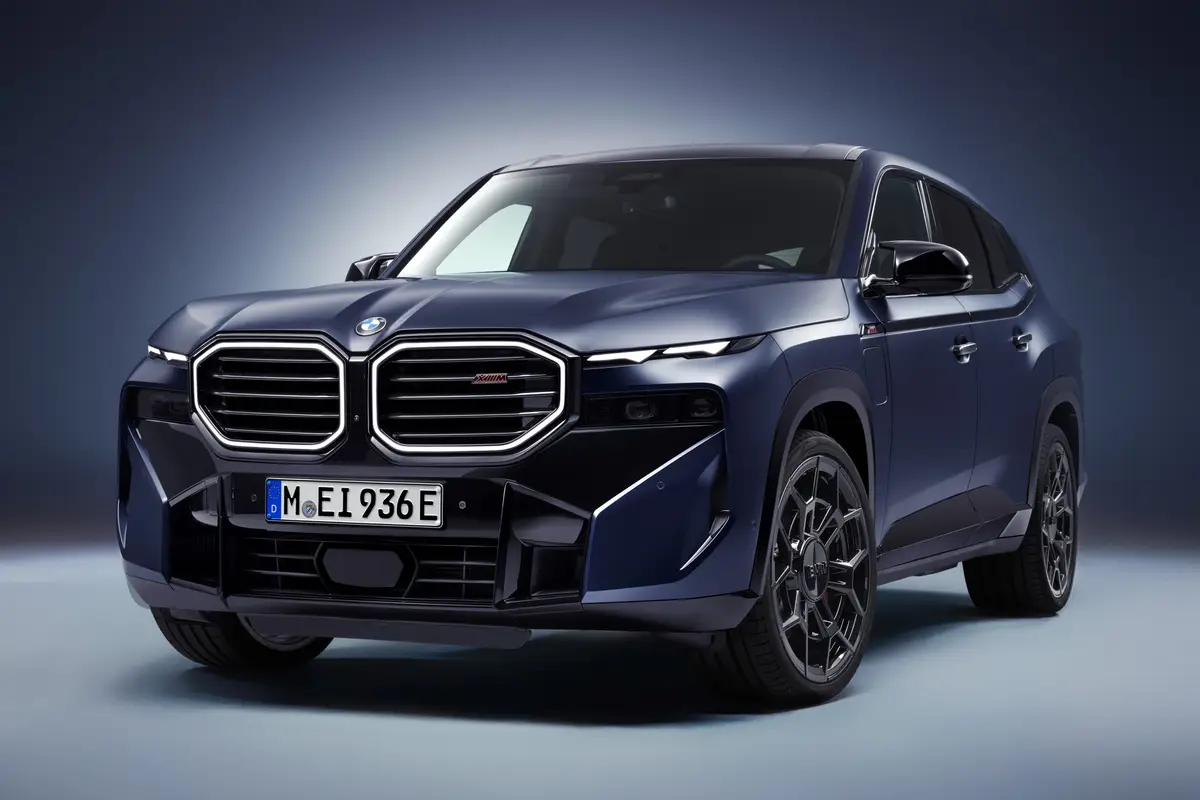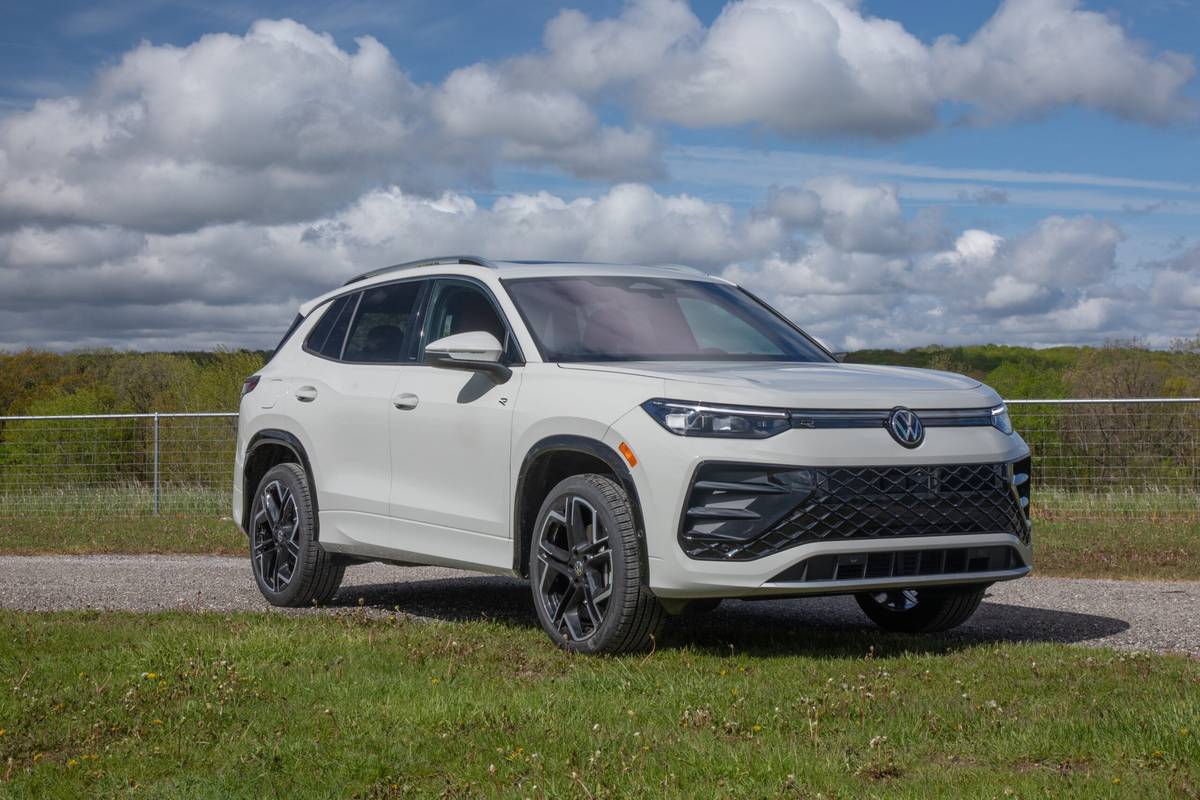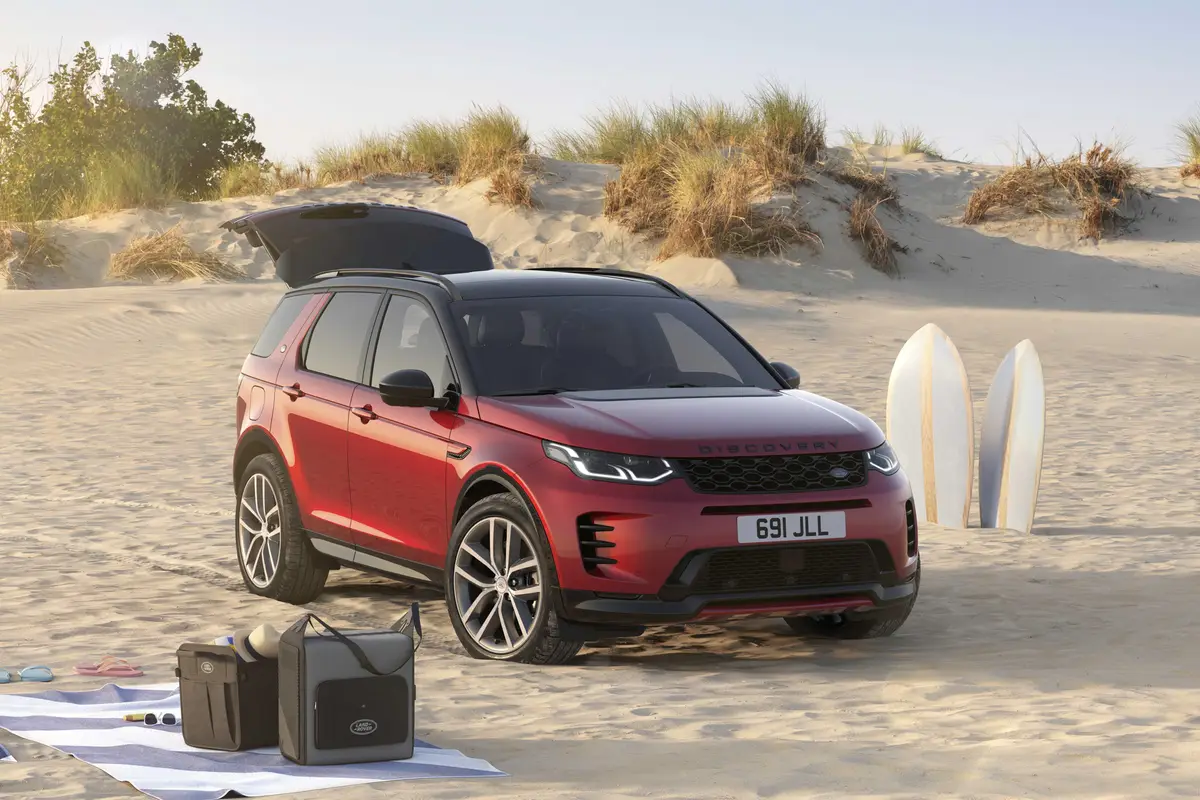Orlando Sentinel's view
I’ve just spent a week with the 2007 Toyota Yaris, which may be the right car at the right time. Or not. It might help its case to know that the Yaris is Toyota’s best-selling model in Europe, so popular there that the version we have just received in the United States is actually the second-generation model. Despite having been on the market for six years, Toyota says Yaris sales in Europe have increased every year.
It also might help to know what Yaris means. According to Toyota, Yaris is a combination of the name of a goddess in Greek mythology, Charis, and the German expression of agreement, “ya,” because “we think this new name best symbolizes the car’s broad appeal in styling and is representative of Toyota’s next generation of global cars.”
Yes, of course! Actually, the meaning of “Yaris” is: “We’ve formally run out of good car names, and are forced to make names up from scratch, then have some intern try to justify them to people who demand to know what they mean.” I would offer a helpful pronunciation guide, but since it isn’t actually a word, what difference does it make? Pronounce Yaris however you want.
The Yaris is the replacement for the Toyota Echo, which was supposed to appeal to young buyers, but most of them sold around here ended up in The Villages. Kids eventually gravitated to Toyota’s contrived hip brand, Scion, and the Echo’s days were numbered.
Certainly, the time is right for a small car that gets good fuel mileage, and the test Yaris, with the four-speed automatic transmission, squeezed an EPA-rated 34 mpg city, 39 mph highway from the moderately noisy little 1.5-liter, 106-horsepower four-cylinder engine. Get the manual transmission and you won’t do much better — the same 34 mpg in the city, but 40 mpg on the highway.
It’s worth noting that the larger, heavier, roomier Toyota Corolla CE, with a manual transmission and a 1.8-liter, 126-horsepower four-cylinder, is rated at 32 mpg in the city, and 41 mpg on the highway. And the cost of the Corolla and a similarly-equipped Yaris isn’t that far apart. The test Yaris, with several options, lists for $15,590.
But the Yaris is new, and as such, is guaranteed some attention. It is probably deserved. The Yaris, being a Toyota, will likely run for a very long time with minimal upkeep. The interior of the test car, a sedan — a two-door hatchback also is offered — is pretty roomy, and even the rear seat will accommodate adults. Seats are pretty comfortable, and the general feeling is that the Yaris sedan is bigger than it is, and I mean that in a good way.
It is not, however, that much fun to drive, at least compared with the similarly new-to-America Honda Fit. Though it has only three more horsepower, the Fit seems spunkier, and it handles a little better. But the Fit has the same problem as the Yaris — just as I’d prefer a Corolla to a Yaris, I’d prefer a Civic to a Fit, and wouldn’t pay much more.
All that said, around town, the Yaris is just fine. On the highway, the ride is smooth enough on good pavement, passable on rough pavement. The automatic transmission does its best to maximize the available power, and acceleration is certainly adequate. The electric power steering feels numb.
Inside, the Yaris needs work. The handsome center panel on the dashboard contains most everything — gauges, climate control, stereo controls, the clock and the trip meter. The problem is that, as on the Echo, the gauges are in the center, meaning the driver has to look to the right. In the daytime, it isn’t that bad, but at night, the blackness behind the steering wheel where gauges are supposed to be just doesn’t seem right. Toyota does this because it can use the same panel on left- and right-hand-drive models. I didn’t like it on the Echo, don’t like it in the Saturn Ion, don’t like it in the Yaris.
There also is a dearth of places to put things, such as change for the inevitable Orlando tollways, and the two cupholders — one on the far left, one on the far right — seem an afterthought, because cups placed there partly block the air-conditioning vents.
This is a tough market for Toyota to crack. There’s already the Scion xA and xB, the Fit, the upcoming Nissan Versa, and Korean imports such as the Chevrolet Aveo, Hyundai Accent and Kia Rio, the latter two an appealing pair. The Yaris will likely hold its own because it’s a Toyota, but it is not the company’s best effort.
Base price: $12,550.
Price as tested: $15,590.
EPA rating: 34 mpg city, 39 mpg highway.
Details: Front-engine, front-wheel-drive sedan with a 1.5-liter, 106-horsepower 4-cylinder and a 4-speed automatic transmission.
Sentinel Automotive Editor Steven Cole Smith’s video road tests can be viewed online at OrlandoSentinel.com/classified/automotive.
Latest news


10 Biggest News Stories of the Week: Volkswagen Tiguan Compares Favorably to Mazda CX-30, Mazda3

